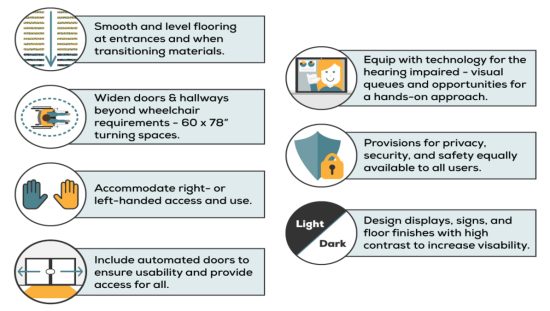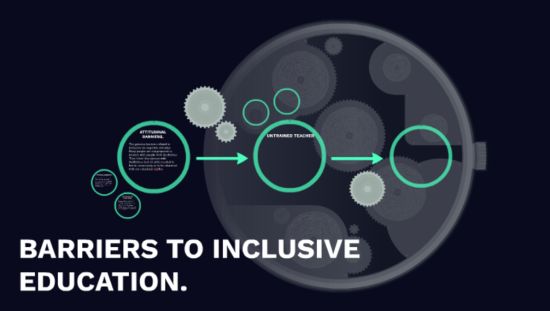Involving parents and the community is an important principle of quality, both in and out of the classroom. It is even more relevant in the case of inclusive education, which is much broader than formal education and should not only take place within the four walls of a classroom. Parents’ collaboration is not only of benefit for children: there are also possible gains for all parties, for instance:
- Parents increase interaction with their children, become more responsive and sensitive to their needs and more confident in their parenting skills.
- Educators acquire a better understanding of families’ culture and diversity, feel more comfortable at work and improve their morale.
- Schools, by involving parents and the community, tend to establish better reputations in the community.
Creating a climate and sustaining a culture of collaboration is a challenge for schools. But it is one that pays large dividends through time. However, the recognition that family engagement in education benefits children does not make clear how the involvement becomes a positive force.
Role of Family in Inclusive Education
The first step for families to become involved in a collaborative way with schools is to promote a social and educational atmosphere where parents and partners feel welcomed, respected, trusted, heard and needed. Cultural factors and traditions strongly influence the relationship between schools and the community. In many places throughout the globe, schools are the center of community life and are used to encourage and achieve social participation. Such cultural environments will ease the process: parents, schools and community leaders know how to work together and find creative solutions for improving learning, responding to economic crisis and disease outbreaks, or assisting populations affected by disasters caused by natural hazards.
Providing support and regular training to parents, facilitating regular access to information and consultation and creating a friendly institutional environment appear among the most frequent recommendations for implementing good policies to engage parents and the community with inclusive education.
Creating a Culture of Collaboration
Family involvement is important throughout the lifecycle of children with disabilities, especially in the early years (UNICEF, 2012). In its well-known Open File on Inclusive Education, UNESCO introduces a detailed list of possible ‘parent engagement’ options aimed at making the experience a two-way-street type of relationship.
1. Families as Activists
Frequently, families – particularly those organized into networks or associations – play a lead role in moving education systems towards more inclusive approaches and policies. Some of the actions in which parent groups can have an impact are identifying schools that are willing to move forward, establishing links and partnerships with education authorities in support of inclusive education, organizing seminars and workshops to introduce new thinking and new practice, and supporting teacher development.
2. Families as Contributors to Inclusive Education
Under this option, the role of parents is emphasized in supporting inclusion in the family and children’s learning and development at home. The main idea is that families and communities should reinforce inclusive and learning experiences.
3. Families, Schools and the Community as Partners
There are many opportunities for partnerships and collaboration, from exchanging information to family members supporting learning at home.
4. Families Supporting Other Families
This is particularly advised in the case of parents of children with disabilities who live in poverty, isolated communities, or have culturally or linguistically diverse backgrounds. In this case the support of parents of children with disabilities who are in a better social or educational position can be extremely valuable.
5. Family Involvement in School Management
Includes the participation of families in decision making and in supporting aspects of daily management of activities.
Courtesy: UNESCO, Parents, Family and Community Participation in Inclusive Education
OTHER RELATED POSTS



